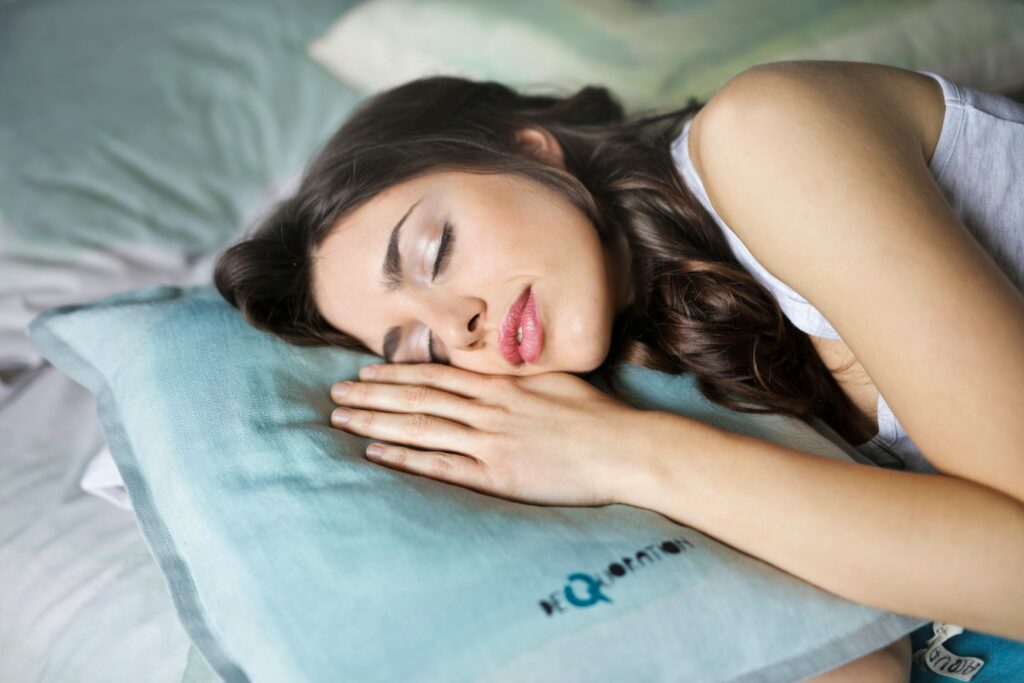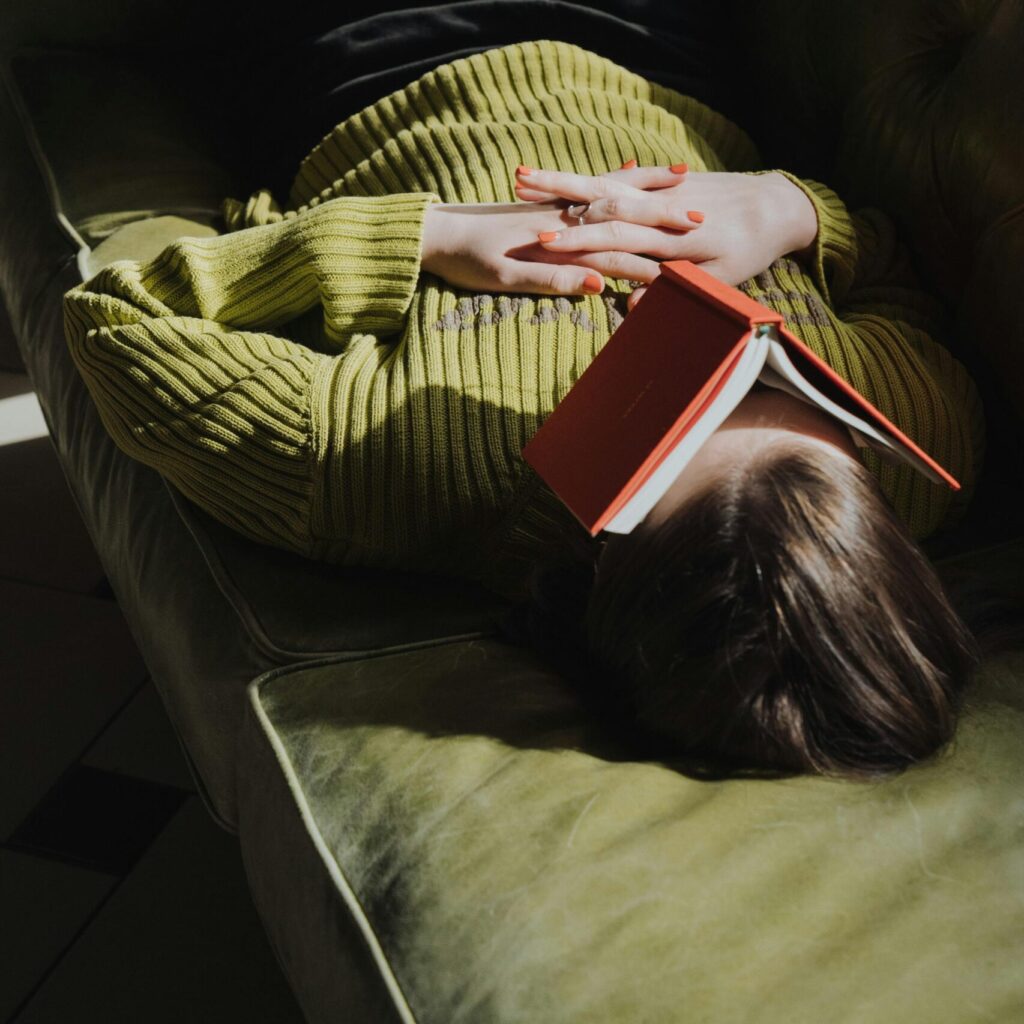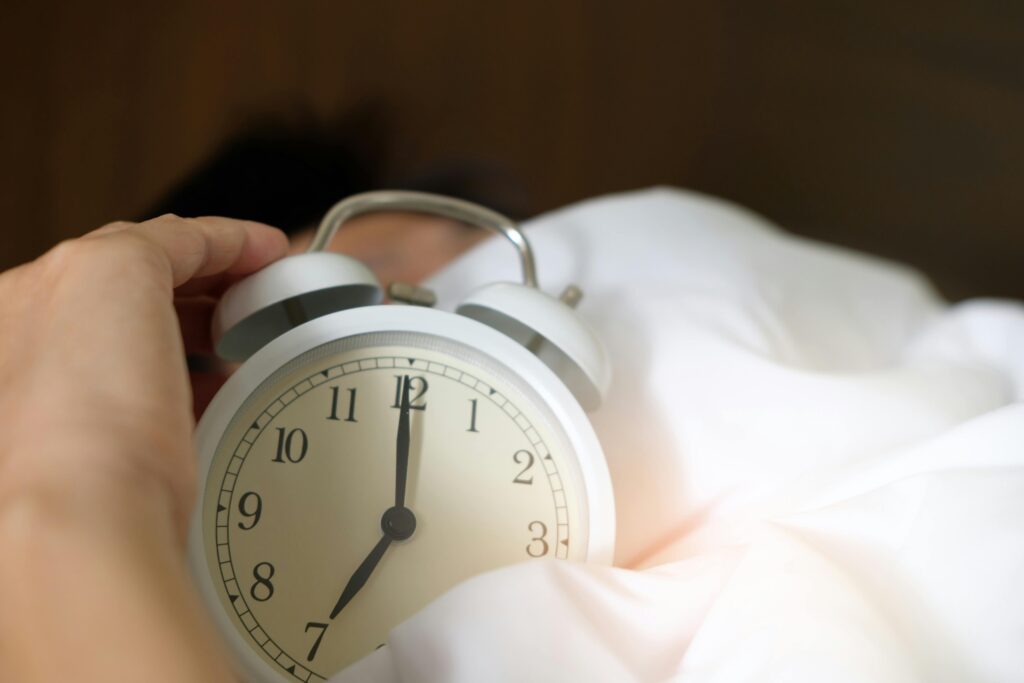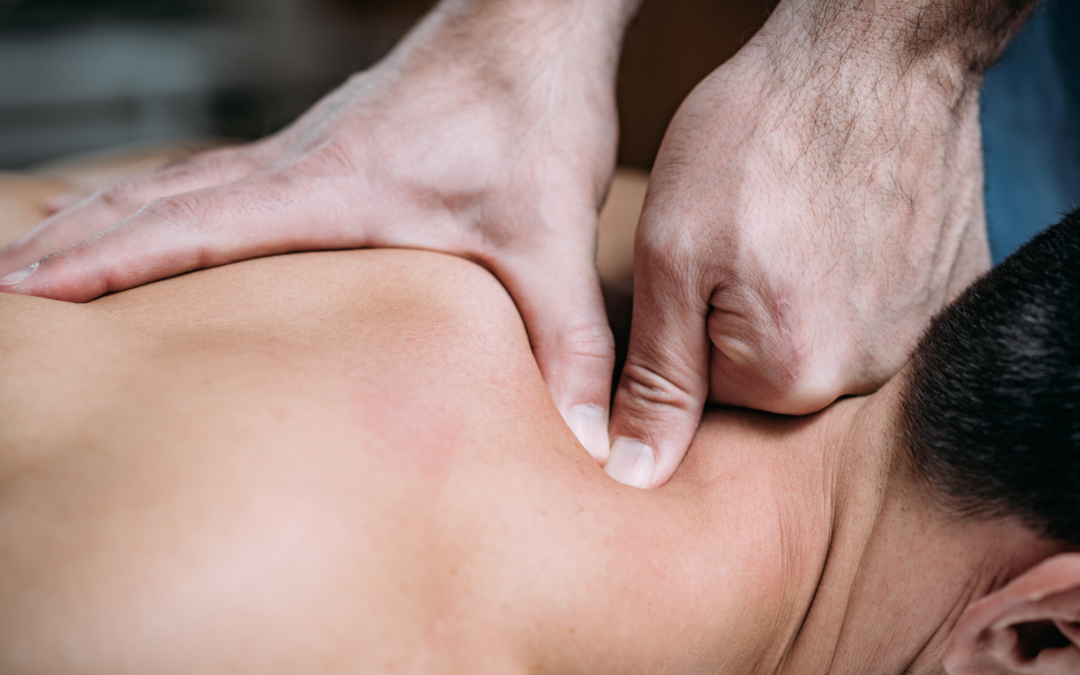Imagine losing up to 50% of your sporting performance through a single oversight. No, it's not your training or your diet. It's something you do (or don't do) every night: get enough sleep.
A recent meta-analysis of 2024 involving 959 athletes reveals a shocking figure: 96% of athletes are chronically sleep-deprived. And this negligence is costing them dearly.
The alarming reality: You're probably getting too little sleep
The science is clear: athletes are not getting enough sleep to optimise their performance. Recent studies show that the majority of sportspeople suffer from chronic sleep deprivation, which is particularly pronounced in young athletes.
Source : 2023 systematic review of sleep interventions
This deficiency is not just a minor discomfort. It is a major physiological handicap which is directly reflected on the ground.
When your performance plummets
The figures that hurt
One bad night's sleep and your whole potential plummets:
🔥 High-intensity intermittent exercise: Most severe impact on performance (effect size -1.57)
🎯 Reduced technical control and precision
💨 Speed reduction
🏃♂️ Decreased aerobic endurance
⚡ Explosive power
📊 Average overall performance : -7,56% all disciplines combined
Source : Meta-analysis 2024 on 959 athletes, 27 studies analysed
To give you a concrete idea: Stanford basketball players improved their sprint speed by 4.3% and their shooting accuracy by 9% simply by sleeping 110 minutes more per night for 5-7 weeks.
Conversely, sleep deprivation can reduce technical accuracy by more than 30%, depending on the sport practised.
The price to pay: Injuries and compromised recovery
Your muscles become fragile
Sleeping less than 8 hours a night multiplies by 1.7 your risk of injury (study of 112 young athletes). To put it plainly: 70% more risks hurt yourself.
The critical threshold? 8 hours. Below this level, your body becomes vulnerable to injury.
Your recovery goes up in smoke
One bad night and your body sabotages its own repair:
- Compromised muscle reconstruction (reduced protein synthesis)
- Increase in cortisol (stress hormone)
- Decrease in testosterone
- Reduced immune activity (Natural Killer cells)
Sources : Frontiers in Physiology, Sleep Foundation
The result? You fall ill more often, your muscles don't recover well, and you have one poor performance after another.
Solutions that work (validated by science)
Solutions that work (validated by science)
1. Sleep extension: Your secret weapon
The objective: 9-10 hours in bed for 8-9 hours of actual sleep.
Even adding 45 minutes to 1.5 hours of sleep literally transforms your performance. This has been proven in hundreds of athletes (multiple interventional studies).


2. The strategic nap
The objective: 9-10 hours in bed for 8-9 hours of actual sleep.
Even adding 45 minutes to 1.5 hours of sleep literally transforms your performance. This has been proven in hundreds of athletes (multiple interventional studies).
3. Sleep hygiene (The basics that change everything)
✅ Regularity : Same bedtime/rise time (± 30 min max)
✅ Environment : 16-19°C, complete darkness, silence
✅ Screens : STOP 2 hours before bedtime
✅ Lighting : 10-30 minutes of sun in the morning
Validated protocols : Sleep Foundation, NCBI


4. Sleep nutrition
❌ Avoid: Caffeine 6 hours before bedtime
✅ Optimize : Last meal 3 hours before, magnesium in the evening
5. Advanced recovery technologies
To take things a step further, certain technologies, such as our recovery mattress toppers, can optimise every minute of sleep.
Recent studies at the CNEA in Font-Romeu have shown significant improvements in cardiac variability and muscle recovery with these innovative approaches.
In top-level sport, the difference is measured in hundredths of a second. Neglecting your sleep means voluntarily concede 10 to 50% of your potential to your opponents.
The good news? Unlike genetics or talent, sleep is entirely under your control.
The Challenge: What if you tried it out?
Over the next 2 weeks :
- Set yourself a minimum of 8.5 hours sleep
- Go to bed at a fixed time and get up at a fixed time
- Measure your performance (time, precision, sensations)
- Keep an eye on your VFC with a connected watch
You'll be amazed at the results.
💡 The secret of tomorrow's champions? They will have understood that victory is forged as much in the restorative darkness of the night as in the spotlight of the pitch.
Your sleep is no longer a waste of time. It's your secret weapon.
📖 Going further : Find out how to optimise your recovery technology on iakota.com
📚 Main sources
Recent meta-analyses and systematic reviews:
- Gong M, Sun M, Sun Y, Jin L, Li S. (2024). Effects of acute sleep deprivation on sporting performance in athletes: a comprehensive systematic review and meta-analysis. Nat Sci Sleep. 16:935-948. doi:10.2147/NSS.S467531
- Craven J, McCartney D, Desbrow B, et al. (2022). Effects of Acute Sleep Loss on Physical Performance: a Systematic and Meta-Analytical Review. Sports Med. 52(11):2669-2690. doi:10.1007/s40279-022-01706-y
- Kong Y, Yu B, Guan G, Wang Y, He H. (2025). Effects of sleep deprivation on sports performance and perceived exertion in athletes and non-athletes: a systematic review and meta-analysis. Front Physiol. 16:1544286. doi:10.3389/fphys.2025.1544286
- Lopes TR, Pereira HM, Bittencourt LRA, Silva BM. (2023). How much does sleep deprivation impair endurance performance? A systematic review and meta-analysis. Eur J Sport Sci. 23(7):1279-1292. doi:10.1080/17461391.2022.2155583
Specialised studies on sleep and performance :
- Cunha LA, Costa JA, Marques EA, et al (2023). The impact of sleep interventions on athletic performance: a systematic review. Sports Med Open. 9:99. doi:10.1186/s40798-023-00599-z
- Vitale KC, Owens R, Hopkins SR, Malhotra A. (2019). Sleep Hygiene for Optimizing Recovery in Athletes: Review and Recommendations. Int J Sports Med. 40(8):535-543.
Research on injuries and sleep:
- Gao B, Dwivedi S, Milewski MD, Cruz AI. (2019). Lack of sleep and sports injuries in adolescents: a systematic review and meta-analysis. J Pediatr Orthop. 39(5):e324-e333.
All the meta-analyses cited analysed between 227 and 959 participants from studies published between 2020 and 2025 in peer-reviewed scientific journals.

